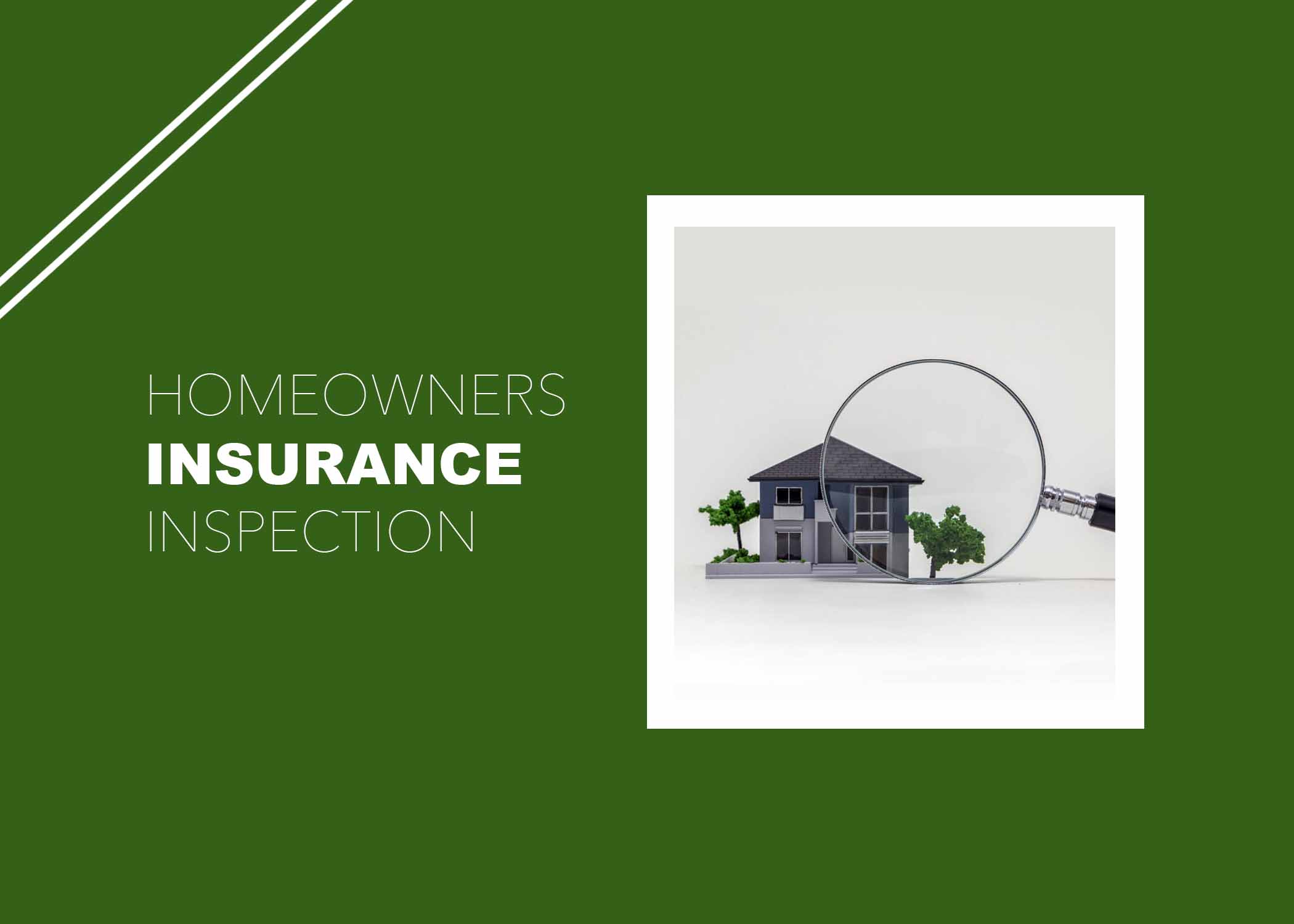What comes to your mind when you hear about homeowners insurance inspections? Want to learn more about what it means? Well, you’re on the right post. Homeowners insurance is a crucial aspect of protecting your property and belongings against unforeseen events such as fire, theft, or natural disasters.
When you apply for homeowners insurance, your insurance provider may require an inspection of your property to assess its condition and potential risks.
This comprehensive guide’ll discuss everything you need to know about homeowners insurance inspections, including why they’re necessary, what to expect during the inspection process, and how to prepare for them.

What is Homeowners Insurance Inspection?
A homeowners insurance inspection is a process conducted by an insurance company or a hired inspector to assess the condition and risks associated with a property that is being considered for homeowners insurance coverage.
During the inspection, the inspector evaluates various aspects of the property, including its structural integrity, safety features, and potential hazards.
The inspection’s purpose is to determine the property’s eligibility for insurance coverage and calculate the appropriate coverage limits and premium rates.
Why Are Homeowners Insurance Inspections Necessary?
Homeowners insurance inspections serve several important purposes:
- Risk Assessment: Insurers conduct inspections to evaluate the risks associated with insuring a particular property. They assess factors such as the property’s location, condition, and safety features to determine the appropriate coverage and premium rates.
- Property Valuation: Inspections help insurers determine the replacement cost of your home and its contents. This information is crucial for calculating the coverage limits of your policy and ensuring that you have adequate protection in the event of a loss.
- Compliance: Insurers may require inspections to ensure that your property meets certain safety standards and building codes. Compliance with these requirements helps mitigate the insurer’s risk and reduces the likelihood of insurance claims.
READ ALSO: Insurance Inspector – How to Become an Insurance Inspector
What to Expect During a Homeowner Insurance Inspection
During a homeowners insurance inspection, an inspector will typically assess the following aspects of your property;
- Exterior Features: The inspector will examine the exterior of your home, including the roof, siding, foundation, and landscaping. They will look for signs of damage, deterioration, or hazards that could increase the risk of insurance claims.
- Interior Features: The inspector will inspect the interior of your home, focusing on areas such as the electrical system, plumbing, HVAC (heating, ventilation, and air conditioning) system, and structural integrity. They will check for safety hazards, code violations, and maintenance issues that may affect the property’s insurability.
- Safety Devices: Inspectors will verify the presence and functionality of safety devices such as smoke detectors, carbon monoxide detectors, fire extinguishers, and security alarms. These devices are essential for protecting your home and may qualify you for insurance discounts.
- Additional Structures: If you have additional structures on your property, such as a garage, shed, or swimming pool, the inspector will assess their condition and safety features. They will ensure that these structures are properly maintained and pose no increased risk to the insurer.
Preparing for a Homeowners Insurance Inspection
To prepare for a homeowners insurance inspection, consider the following steps:
- Address Maintenance Issues: Take care of any maintenance issues or repairs before the inspection to ensure that your property is in good condition.
- Organize Documentation: Gather relevant documentation about your property, including receipts for recent renovations or upgrades, maintenance records, and proof of insurance coverage.
- Make Necessary Improvements: Upgrade safety features such as smoke detectors, fire extinguishers, and security alarms to meet current standards and enhance the safety of your home.
- Be Present During the Inspection: It’s advisable to be present during the inspection to answer any questions the inspector may have and provide additional information about your property.
Conclusion
Homeowners insurance inspections are a vital part of the insurance process. They allow insurers to assess the risks associated with insuring a property and determine appropriate coverage and premium rates. This article covers everything you need to know about this insurance type. If you feel like there is something we have missed, use the comment box to let us know.



